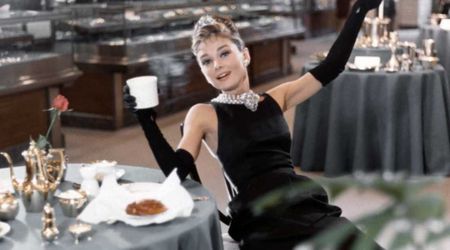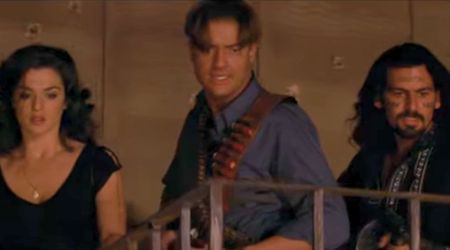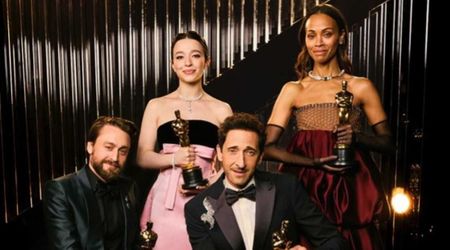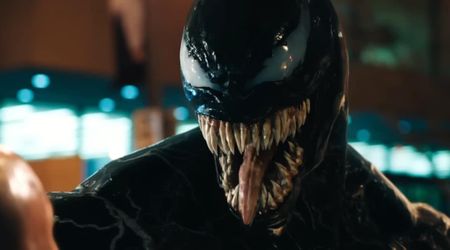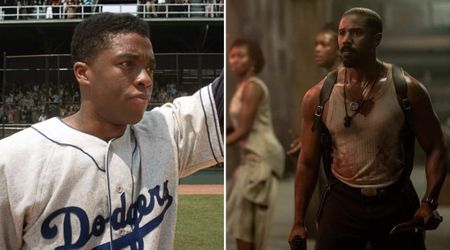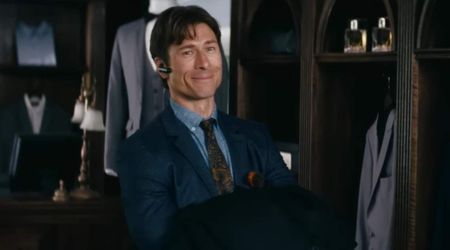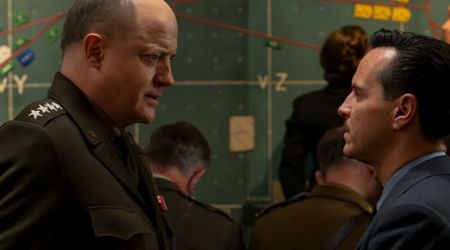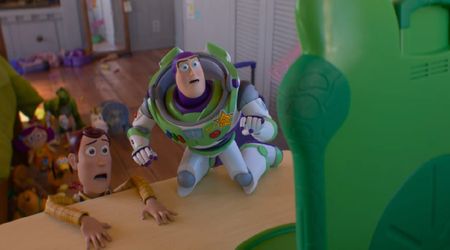'The Trial of the Chicago 7': Was undercover officer Daphne O'Connor real? Meet 3 FBI agents from the true story

When it comes to feel-good storytelling that kind of reflects the current times, there is no one better at the onscreen representation than Aaron Sorkin. The New York City filmmaker has now been a staple in Hollywood and American television, bringing stories based on real life to the screen. One needs to only think of 'The West Wing', 'The Newsroom' and 'The Social Network' as examples of this.
But a major problem that Sorkin has is that he tends to romanticize what he is portraying. The same criticism has been brought up for all of his major works. 'The Newsroom' was criticized for its romantic ideals of journalism and its romanticized celebration. 'The Social Network' was criticized for its overly shiny portrayal of Mark Zuckerberg as a misunderstood genius. 'The West Wing' was called out for its romanticized portrayal of politics and White House matters.
Sorkin's trend to continue to romanticize historical and real-life events seems to continue with his latest film, 'The Trial of the Chicago 7', which he has both written and directed and has labored on for more than a decade. There are many examples of this. One is Joseph Gordon-Levitt's portrayal of US Attorney Richard Schultz, who is shown at some points to be sympathetic towards the defendants while that was not the reality.
Another glaring example is the character of Daphne O'Connor (Caitlin FitzGerald), an undercover FBI agent who is shown to get close to Jerry Rubin (Jeremy Strong) after buying him a drink at the bar and following this, getting into the protestors' inner circle — even at times telling Rubin that people listen to him. Again, like Schultz, Daphne is shown to become sympathetic towards the cause and even loses her perspective.
Here is another major problem with the character — Daphne is entirely fictionalized. While there really were undercover officers who had infiltrated Rubin and Abbie Hoffman's (Sacha Baron Cohen) circles, the reality is far less sexy than what is portrayed on film. In fact, the government's case against the Chicago Seven was primarily presented through three undercover agents: Irwin Bock, William Frappolly and Robert Pierson. Pierson landed a job as Rubin's "bodyguard," while Bock and Frappolly maneuvered their way into leadership positions in "Vets for Peace" and the SDS (Students for a Democratic Society). The undercover witnesses described plots to disrupt traffic, takeover hotels, "sabotage" restrooms, and other "hit-and-run guerilla tactics".
In their testimonies, the undercover officers never once showed that they had at any point become sympathetic or understanding of either Hoffman, Rubin or any of the other defendants. In his testimony, Pierson was clear that both Rubin and Hoffman were prone to insulting the police and were, in fact, trying to incite a riot. With Judge Julius Hoffman (Frank Langella) being openly antagonistic towards the defendants, the Chicago conspiracy trial became one of the most heated moments in America's judicial history.
While Sorkin's intentions may have been pure — to include women in a central role within the historical chapter — his methods are questionable at best. As usual, the character of Daphne is quite a Mary Sue — a continuing theme when it comes to women written by Sorkin.
'The Trial of the Chicago 7' is now streaming on Netflix.

